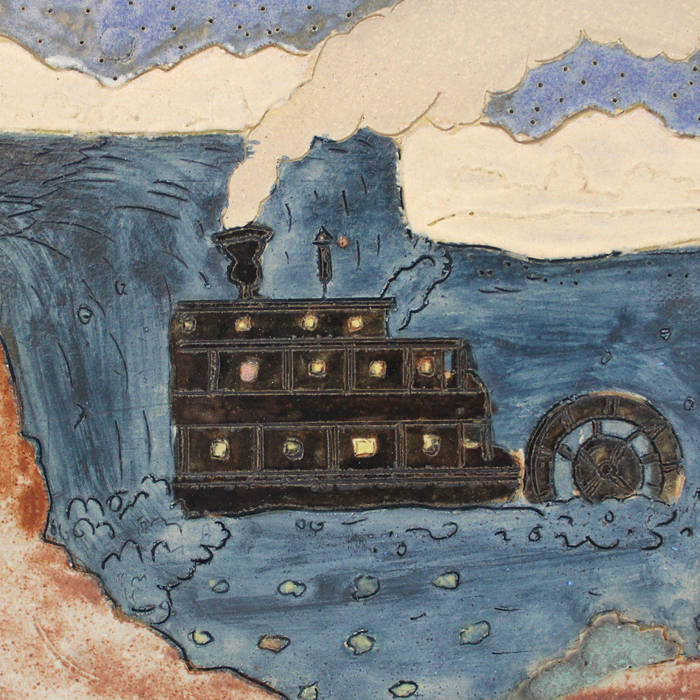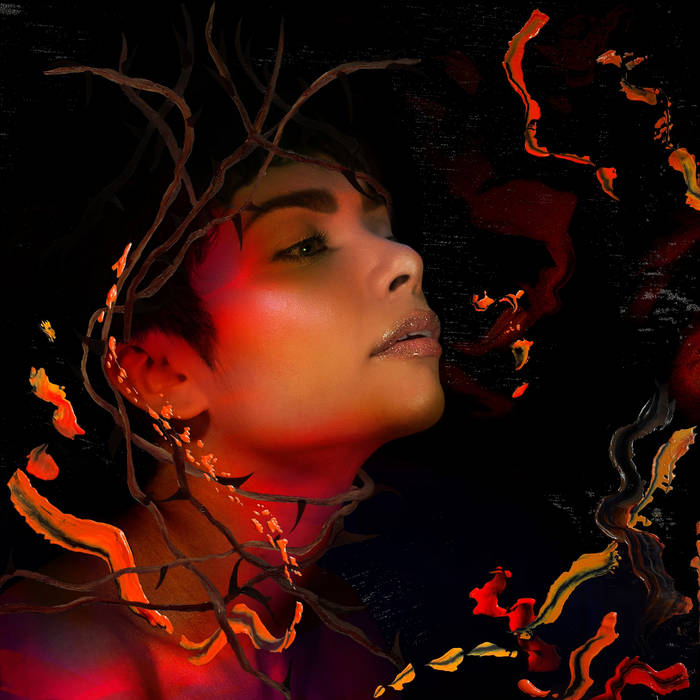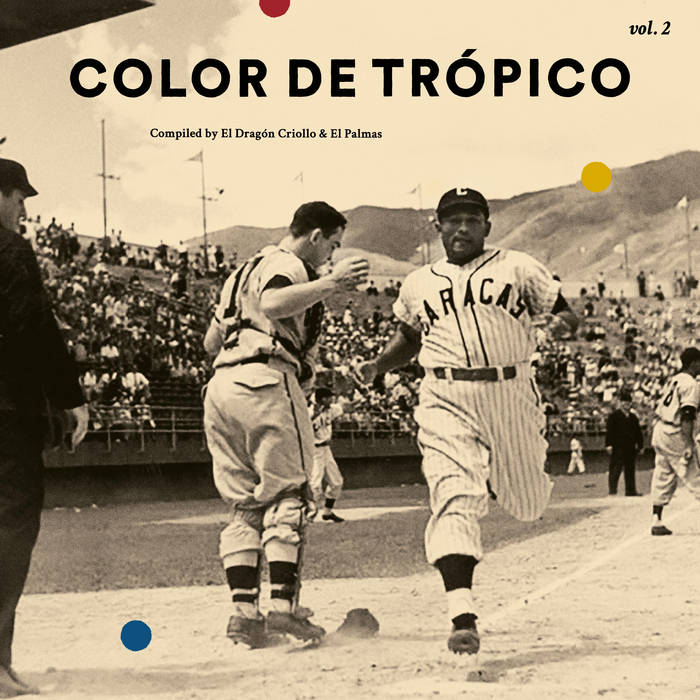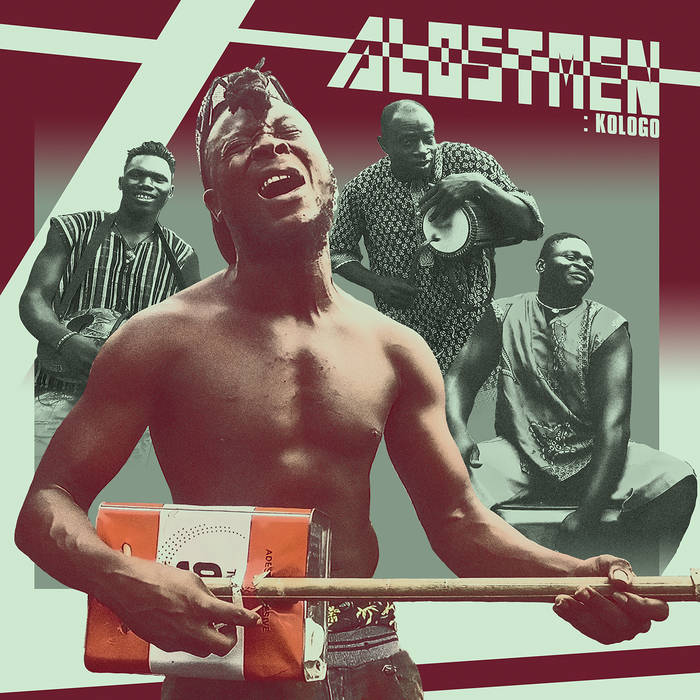Jake Xerxes Fussell – Hills Of Mexico
Xerxes is not a name one comes across regularly in English, so when I saw James Xerxes Fusssell’s name pop up on my dashboard, I thought I’d give his music a listen. I’m glad I did. This is a one-track…
Doll Klaw – Thorns EP
As a more-or-less native Los Angeleno who grew up running around clubs in the late 1980s and early 1990s in clubs like Club F**k, DAS Bunker and the like, hearing synth-pop like this makes me feel a sense of nostalgia….
Various Artists – Color De Tropico Vol 2 Compiled by El Drágon Criollo & El Palmas
Spanish imprint El Palmas Music has released this compilation of music from Venezuela that covers reggae, salsa, soul, cumbia and joropo music. There are two tracks available to listen to until the release date of May 14, 2021, but judging…
Alostmen – Kologo
Ghanian band Alostmen are bursting with energy and come with a sound mixing highlife with a guitar style that reminds me, slightly, of Tuareg playing one could hear with bands like Tinariwen. From the band’s website: Formed by Stevo Atambire…



